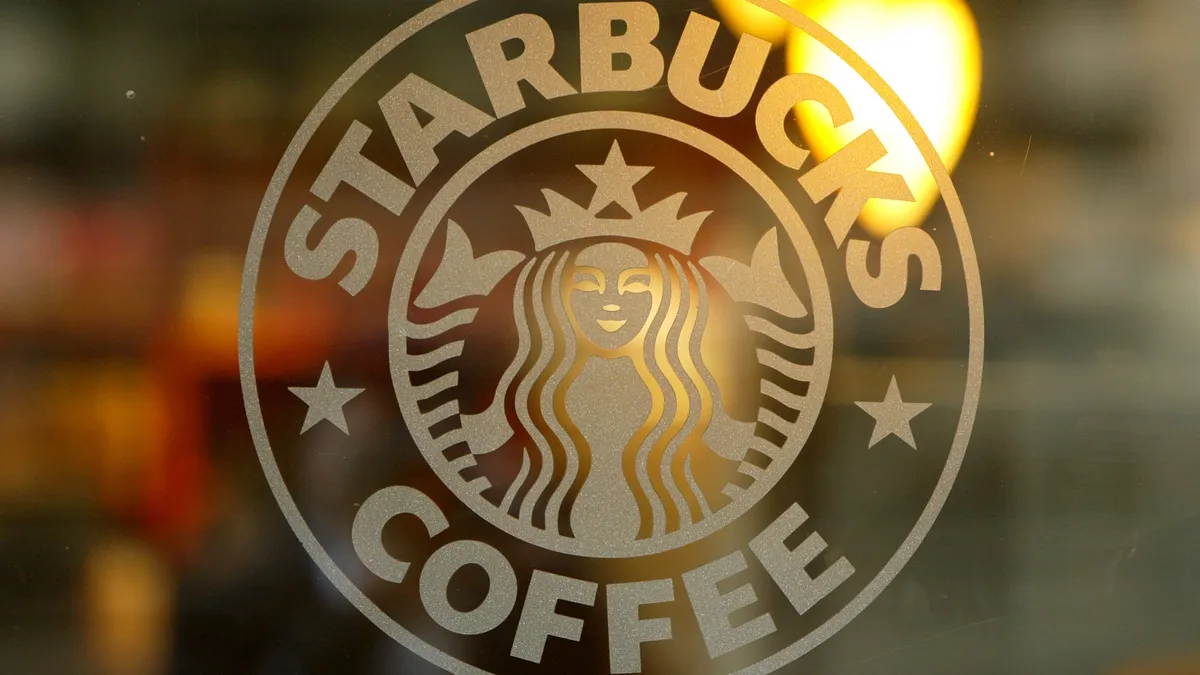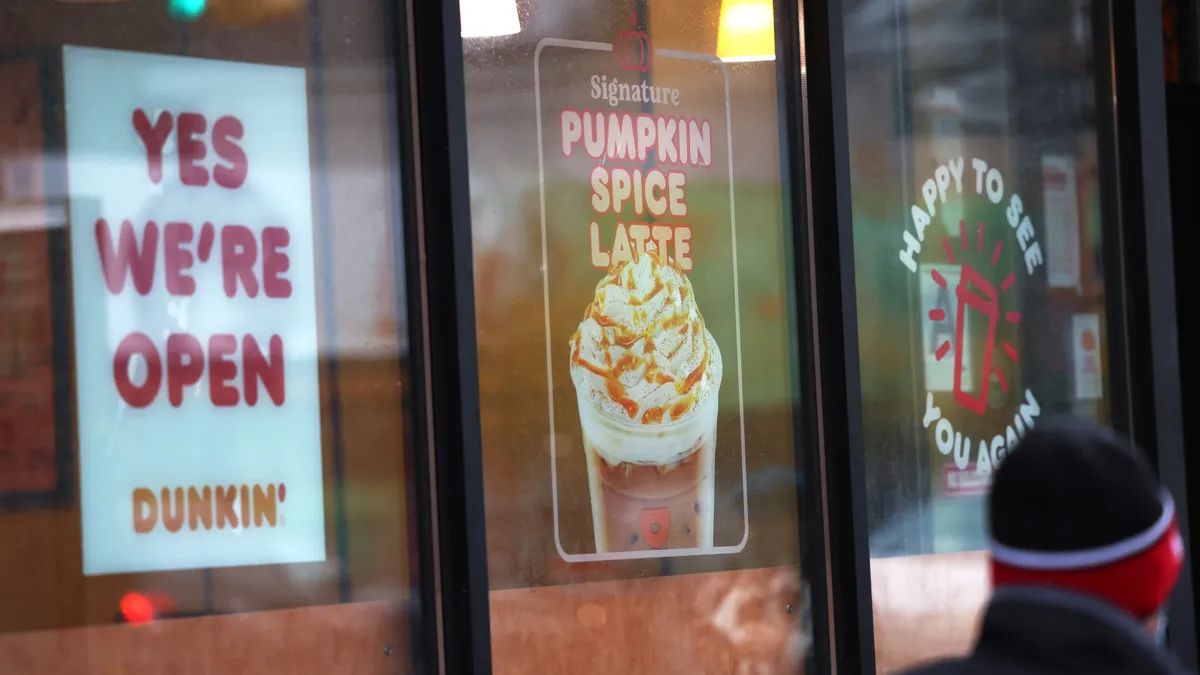Labor headwinds have been a challenge for restaurant operators since about 2012, when the Fight for $15 movement was born. And now, in the midst of the lowest unemployment rate in nearly 50 years, another battle is simmering — a battle over talent.
The federal minimum wage of $7.25 now exists in just 22 states, so higher wages are no longer sufficient on their own to attract and retain employees, which is critical considering the costs of turnover. According to the Center for Hospitality Research at Cornell University, turnover cost the average full-service restaurant operator about $146,600 annually.
It’s a perfect storm, really. Higher wage pressures and low unemployment rates mean employees no longer depend on hourly restaurant jobs like they used to. These days, concepts that fail to prioritize talent management will find themselves at a significant reputational disadvantage as competition intensifies, especially among younger employees. According to a study from the National Restaurant Association Educational Foundation, 73% of younger employees — namely Gen Z and millennials — say they want to work at a restaurant that has a good reputation.
Younger employees are a priority for a reason. Combined, millennials and Gen Z will have a larger impact on the workforce than any other demographic ever. As of 2017, millennials have become the largest generation in the U.S. labor force, according to Pew Research Center. As for Gen Z, consulting firm BridgeWorks estimates that the group accounts for 61 million people in the U.S., which is larger than Generation X and two-thirds the size of the baby boomers. It is critical for restaurant brands to appeal to this specific workforce to maintain relevance. To do that, more restaurants are embracing additional — and nontraditional — benefits.
Mentorship is key
Today's competitive benefits include a heavier focus on mentorship at the corporate level and restaurant level. Mentorship is important — 40% of Gen Z and millennials believe that mentors help them build skills and 38% believe mentors help them build confidence, according to the NRAEF study.
Jersey Mike's recently launched its STAY (sweat, tears and years) program that provides an opportunity for franchisees to mentor managers with a goal of shared ownership in a Jersey Mike's franchise. Stores opened by STAY candidates are generating sales volumes that are above the national average, according to Jersey Mike's president Hoyt Jones.
McDonald's also launched a mentorship program called "Where You Want To Be" in October. The company's unique initiative pairs restaurant employees with experts in their desired future career fields, including Empire actor and Yazz the Greatest rapper Bryshere Gray and YouTube star and LGBTQ activist (and former McDonald's employee) Tyler Oakley. McDonald's workers also can shadow owner/operators to gain more management experience and are given access to free career and academic advising services to create a plan to achieve their educational goals.
Burger King boasts a leadership development program that includes a week of training at the company's Miami headquarters, followed by 10 weeks of in-restaurant training, departmental rotation and, finally, career placement within the organization. And, in 2017, Yum Brands launched a Grow Yourself Week program for corporate employees, which offers more than 30 courses for personal and professional development, according to a news release.
Extended parental leave is a growing expectation
Mentorship is just one piece of the puzzle when it comes to creating happier employees. Brands big and small are stepping up their family leave policies for the purpose of retention, and there are plenty of case studies to support that it works. Google, for example, extended its parental leave policy 11 years ago from 12 weeks to 18 weeks, and the retention rate of women post-maternity leave jumped by 50%.
Earlier this year, Chipotle expanded parental leave coverage to include everyone from hourly managers to salaried workers.
As part of its "unrivaled culture and talent" priority, Yum Brands expanded its parental leave policy for birth mothers to 18 weeks at full pay in 2017. The policy also allows birth fathers, partners, adoptive and foster parents to take six weeks at full pay.
Starbucks has long been a standard-bearer for parental leave policies but expanded those benefits last year to include up to 18 weeks of paid leave (six weeks full pay, plus 12 weeks unpaid) for new parents. The Starbucks announcement came on the heels of Danny Meyer's Union Square Hospitality Group's new parental leave plan that provided all new parents four weeks of fully paid leave.
In September, Noodles & Company added parental leave, adoption assistance and breast milk shipment during business travel. In 2019, Noodles plans to increase its benefits, including a phase-out/phase-in maternity plan for expecting and postpartum mothers. The objective is to make Noodles the best place to work in the industry, according to Danielle Moore, director of communications at Noodles & Company.
"We have found that team members who feel well taken care of by their employer reflect that in their everyday life both inside and outside of our restaurants. One of our four core values is to 'care for our team members, guests and communities' by taking care of our team members first, with a thoughtful benefits package, is one of the ways we live this value," Moore told Restaurant Dive.
"We have found that team members who feel well taken care of by their employer reflect that in their everyday life both inside and outside of our restaurants."

Danielle Moore
Director of communications, Noodles & Company
Noodles & Company was experiencing a 200% turnover rate in 2016, according to QSR Magazine. Since implementing its parental leave and time off policies, Noodles has seen an improvement in both turnover and retention, Moore said.
"Where we see the biggest impact is on the stories we hear directly from our team members. Our operations leaders have a strong presence in our restaurants," she said. "During their regular restaurant visit routines, they conduct pulse interviews with the team to gauge the team members' satisfaction and better understand what's working and where we have opportunities to invest more resources and focus. We know through these interactions that our new benefits are impacting the lives of team members for the better."
Sweetgreen is another fast casual eatery trying to lure quality workers with a quality benefits package. The salad chain offers paid parental leave, emergency financial support for employees in need and a career development roadmap. Further, the company's employers host Gratitude Nights to thank employees for their work and offer staff the opportunity to work on "impact projects" that support the community. CEO and co-founder Jonathan Neman said the company recently started working with Humu, a software company that uses behavioral science and machine learning, to measure and identify what matters most to Sweetgreen's employees.
Neman told Restaurant Dive that the goal is to improve happiness, productivity and retention.
"We believe that if you treat people fairly, then they will treat you fairly."

Todd Carmichael
Co-founder and CEO, La Colombe Coffee Roasters
"Using the employee feedback, we have designed several organizational initiatives to improve their experience, like our benefits and other career developmental tools," he said. "We have also worked with each head coach [general managers] to review their specific results and plans to improve employee happiness. Our coaches are already seeing an impact."
Most recently, Sweetgreen granted a stock-option program for those managers.
"Being a head coach at Sweetgreen is more than managing a restaurant, it's running a complete business with unique needs," Neman said. "With these stock options, Sweetgreen wants to formally recognize team members' ownership and what they've built, and it is also a tool to help recruit and retain employees."
La Colombe Coffee Roasters is another case study in employee benefits, especially in advocating for higher wages. CEO and co-founder Todd Carmichael said he's not sure if this has translated into higher recruitment and retention, but his company has less than 2% turnover.
"We believe that if you treat people fairly, then they will treat you fairly," Carmichael told Restaurant Dive. "We recognize that employees spend so much time away from their families and homes and it's important to work for a company that shows decency. It's a symbiotic relationship and it works for us. People want to have relationships with decent people and with decent companies."
Macro-level challenges
Although on paper the labor market is a major challenge for restaurant companies across the industry, Carmichael said the trend hasn't affected his company because of La Colombe's culture.
"The things that are most valuable are often intangible. We can talk about salary, incentives, etc., but the intangibles are the most significant — access to leadership, growth, decency and kindness are our advantages," he said
Moore said Noodles & Company looks at the labor challenges as opportunities to engage and innovate. "We know an increased focus on benefits and work-life balance will help us stay competitive,” she said.
Neman added that offering better benefits is not only a competitive advantage for Sweetgreen, it is simply the right thing to do.
"Our industry is facing a war for talent with a 50-year low unemployment and in order to compete, having a strong company culture, professional development opportunities and a best in class benefits program are true differentiators," he said. "Our mission would not be possible without the dedication of our team members."




















